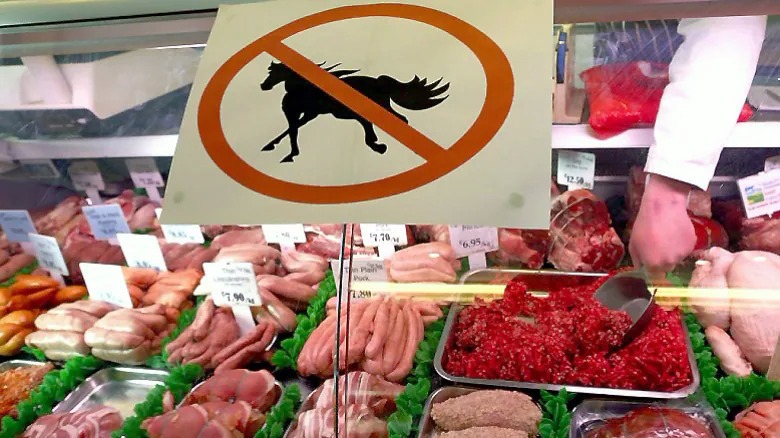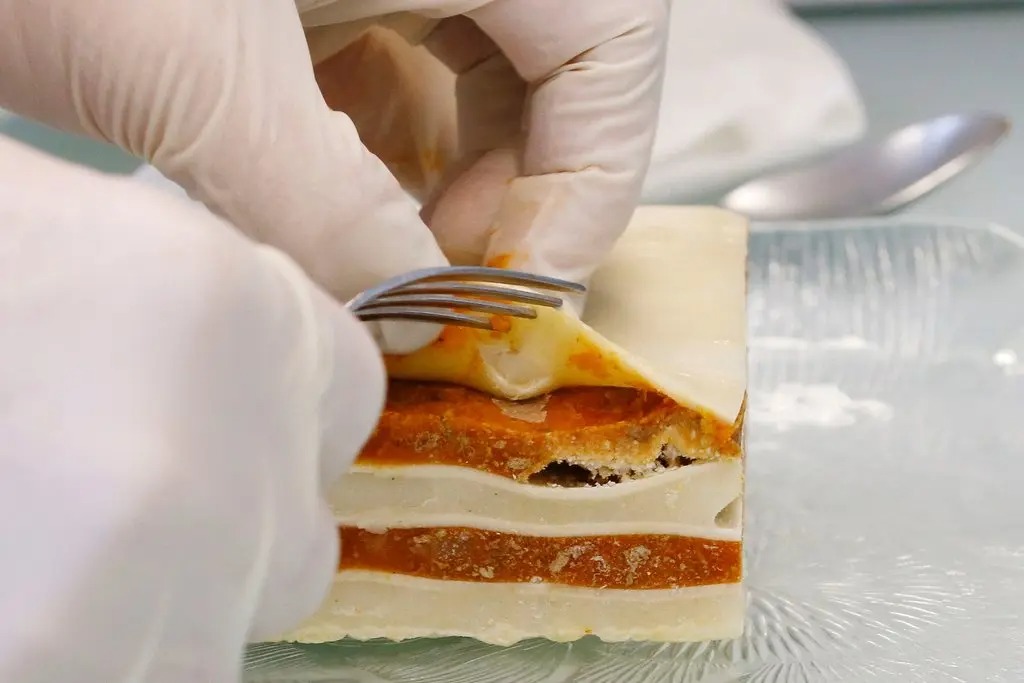Europeans are outraged when they know that for the past decade they have been tricked into eating horse meat with beef prices
Two months after the horsemeat scandal first rocked Europe, EU countries launched urgent inspections. As a result, France was the country that found the most beef products containing horse DNA, while the UK topped the number of traces of a banned painkiller in the human food chain.
More than 7,000 tests have been carried out by 27 countries in the EU, authorities have found horse DNA in about 5% of samples. Meanwhile, phenylbutazone, a banned drug used as a pain reliever in horses, was detected in about 0.5% of the samples.
Tonio Borg, European commissioner for health and consumer policy, said the findings were “a matter of food fraud, not food safety”. However, he added: “Restoring the confidence of European consumers and trading partners in the food chain in the wake of this fraud scandal is now of vital importance for the European economy. , because the food industry is the largest sector of the economic sector” in the EU.

The sign “no horse meat” appeared a lot in central England during the height of the “horse meat scandal”.
Mr. Borg said the committee would propose new regulations in the coming months. The scandal resulted in products worth millions of euros being withdrawn from stores. This also reflects the fact that manufacturers are not able to guarantee the ingredients in processed meat products.
Because statistics are provided by food safety authorities in different countries that sample different amounts of beef products, there are not enough data for a comprehensive comparison. However, France examined 353 products labeled beef, of which 47 contained equine DNA; Greece tested 288 and found horse meat in 36 products; and Germany tested 878 samples and detected horse meat in 29.
In particular, the highest levels of equine analgesics were found in the UK, with 14 out of 836 samples. Millions of consumers across Europe turned away from supermarkets, taking to the streets to protest to demand more drastic action from governments to protect people.
About 20% of horse meat sold and used in Europe is imported from North America. The Humane Society of America warns that testing for phenylbutazone alone is not enough to guarantee food safety. The Animal Rights Foundation maintains a 29-page list of other drugs supplied to horses in the United States that are either toxic or have not been tested for their effects on human health.
For example, the EU prohibits the treatment of animals raised for meat with thyrostats, but is licensed for use in horses to treat respiratory infections and promote lean tissue growth. In another case, the drug Firocoxib was specifically indicated “not for use in horses for meat”. But veterinarians in the US recommend this medication to treat or prevent inflammation in horses.
“The EU has failed to test a range of other banned veterinary drugs commonly used in horses. This has invisibly authorized the sale of meat from such animals within the EU, which would be contrary to safety law. food and its own consumer protection regulations,” the Humane Society said in a statement.
The inspection program was agreed upon after horse meat was discovered in frozen lasagna. The lasagna maker, Findus, said it had withdrawn the product after Comigel, a supplier in France, raised concerns about the type of meat used. Meatballs sold by Ikea have also been recalled.

A sample of tainted meat has been found in lasagna in several countries.
After all, the European Commission conducted 7,259 inspections. In total, 193 tests, or 4.66%, showed traces of equine DNA, and 16 times showed a positive trace for painkillers, equivalent to 0.51% of the sample, the commission said. .
These findings have increased pressure, tightening regulations on the food industry. Although the rules require that fresh beef be labeled as of origin, these regulations do not apply to processed products.
“We urgently need the EU to introduce rules on ‘origin of origin’ labeling for meat in processed foods,” said Glenis Willmott, food and health spokesman for the UK Labor Party. at the European Parliament, said. “Only this kind of regulation forces producers to be careful with their supply chains,” she said, adding that “it’s shocking to see how widespread the horse meat scandal is.”
at Blogtuan.info – Source: Afamily.vn – Read the original article here



